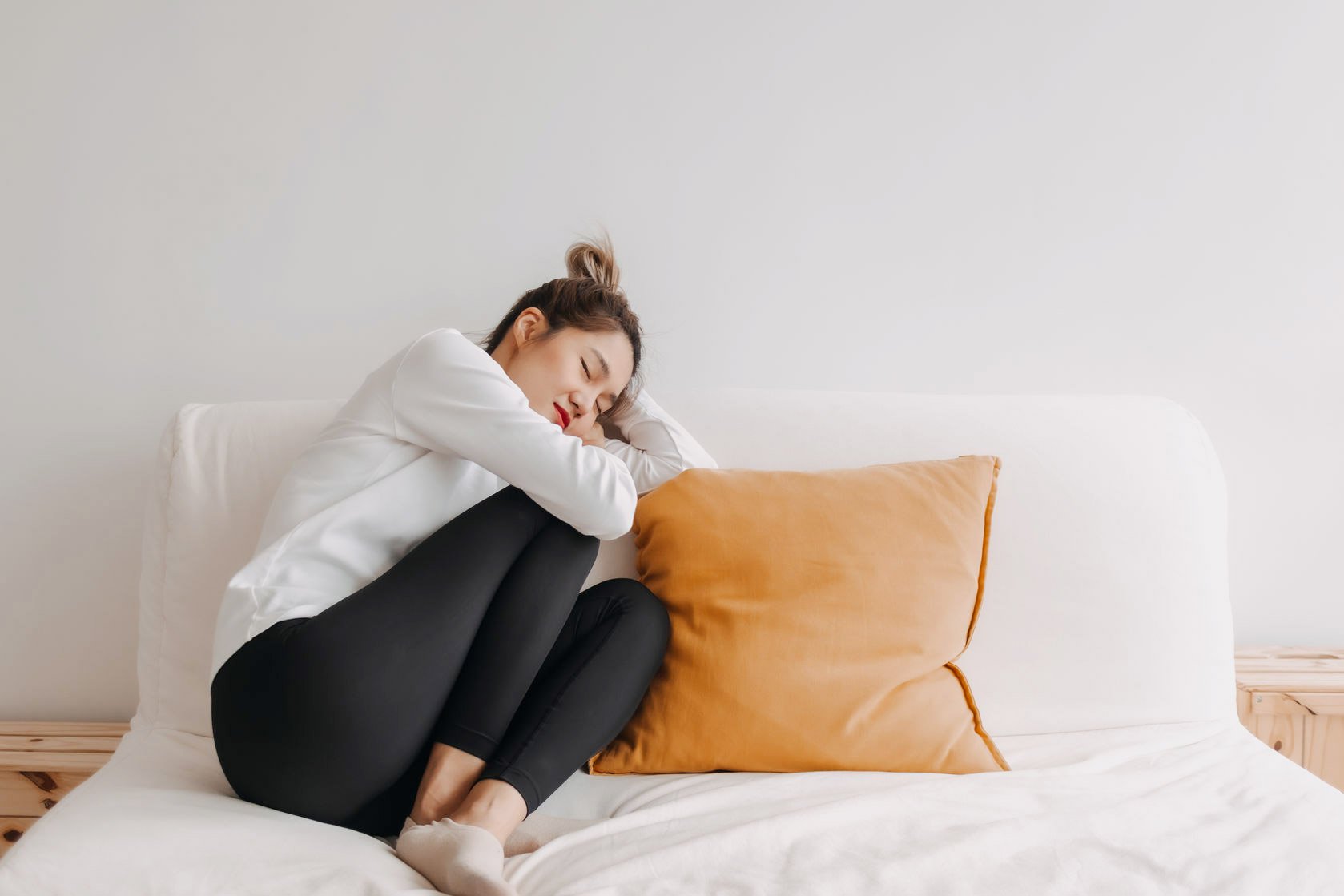
Retail therapy is a phenomenon in which someone purchases unnecessary items in response to stress or negative emotions, such as sadness or anxiety. According to research published in the Journal of Consumer Psychology, this practice is believed to improve a person's mood because shopping provides a positive experience and stimulates the release of dopamine hormone in the brain, which is responsible for feelings of pleasure and satisfaction.
However, it is important to distinguish retail therapy from self-reward. The fundamental difference between the two is that retail therapy is done as an immediate response to negative emotions; it is an attempt to contain or overcome these emotions by making purchases. On the other hand, self-reward is more about rewarding oneself as recognition of achievements or positive efforts, without underlying negative emotions driving it.
Here are tips to avoid the impact of retail therapy:
- Be Mindful
The first step is to be aware of poor mental conditions and avoid shopping when in such a state. It's important to make a clear shopping list and only buy items that are truly needed. Tiffany Aliche, in the documentary "Get Smart With Money," emphasizes four spending priorities in sequence. - Consult a Psychologist
Retail therapy tends to lead to addiction because individuals may use purchases as a way to cope with stress or negative emotions repeatedly, even when not necessary. Therefore, it's important to seek professional help, such as consulting with a psychologist, as this behavior could be a sign of deeper mental disorders. With professional help, individuals can identify the causes of these negative emotions and learn strategies to reduce or avoid excessive shopping behavior as a response to them. - Evaluate Financial Conditions
If you feel you have spent too much money on shopping, the next step is to create a monthly spending plan. By keeping track of and allocating the budget into various expenditure categories, you can more easily control your spending. This helps you to be more disciplined in managing finances and avoid excessive shopping in the future. - Find a New Hobby
Engaging in alternative activities can be an effective way to redirect excessive shopping habits and alleviate negative emotions. Activities such as journaling, playing music, knitting, and gardening can provide positive experiences that help reduce the urge to shop impulsively. In a study titled "Gardening Promotes Neuroendocrine and Affective Restoration From Stress" by Van Den Berg, Agnes E, it was proven that gardening can effectively reduce cortisol hormone levels or stress hormones in the body, providing additional benefits in coping with stress and negative emotions. - Seek Motivation to Save
Set realistic savings targets that align with future needs, such as preparing for children's education costs, paying off home loans, going on pilgrimage trips, and retirement plans. To achieve these goals, having life insurance is essential to protect you and your family from unforeseen risks that could disrupt your financial plans. By securing this protection, you can ensure that your financial goals remain protected, even in unforeseen circumstances.
Source: ilovelife.co.id








